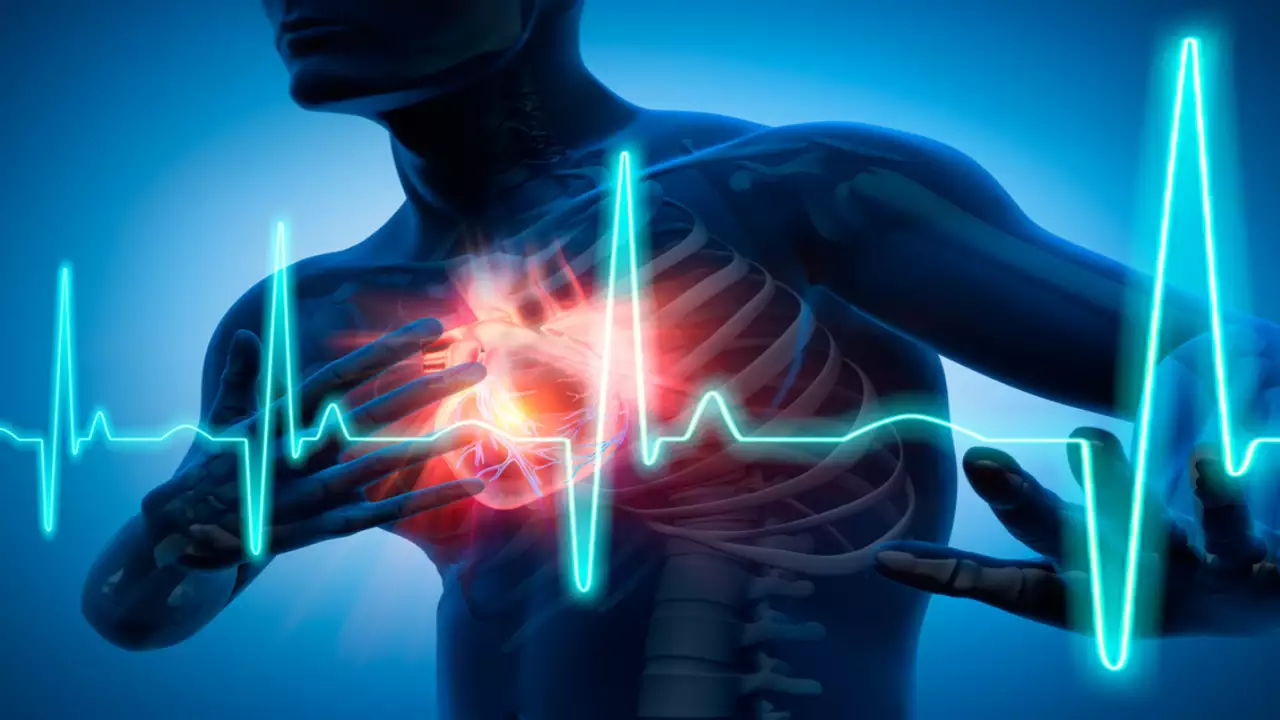Cold weather may increase your risk of heart and circulatory issues, such as strokes and heart attacks. But how cold does it need to be, and for how long afterward are you a danger zone? We will explain this topic in brief so continue reading.
How cold does it require to be for the weather to impact your heart?
According to a study, the rise in risk begins once the average temperature drops below 54F (12C). Furthermore, cold is not the single factor in excess winter deaths. Recent studies show that the impacts on the health of a cold day or cold spell can be seen for up to two weeks.
What effects does being cold have on your blood vessels?
Our blood vessels are always adapting to our environment. When we are cold, our nervous system activates into action to stop our core body temperature from dropping and to keep our essential organs working.
At this time, blood vessels narrow in our fingers, skin, and toes, so less heat is lost. This narrowing or vasoconstriction generates more pressure in the rest of the circulation. It means the heart has to work harder to pump blood around the body, increasing BP and heart rate.
This is a typical reaction to the cold, but for those who already have a cardiac issue, the extra strain, especially during activity, can cause symptoms.
When we do physical activities, our heart beats faster and with more force, and blood arteries supplying our muscles expand to enable more blood flow. At the same time, blood arteries supplying other parts of the body (such as the digestive system) narrow so that the working muscles get higher blood flow.
People with angina
People who suffer from angina can face a worsening in their symptoms during the colder months. They may also find themselves less able to be physically active when it’s cold.
Do those who have heart issues react to the cold differently?
BHF-funded researchers at King’s College London have uncovered more about why the cold might impact individuals with. The study examined 42 patients with chest pain, 32 of whom had coronary artery blockages, which are the root cause of most forms of angina and heart attacks. These people inhaled cold air via a face mask while the blood flow to their hearts was monitored.
Breathing in cold air enhanced cardiac blood flow in those with chest pain who did not have blocked coronary arteries. This is a normal reaction that makes the heart work harder to pump blood to the body’s essential organs.
A few people with blocked coronary arteries were also asked to pedal on an exercise cycle. In this group, cycling enhanced blood flow into the heart, as you would expect, but if cold air was inhaled during exercise, the heart’s blood supply was decreased.
The researchers recommended people with angina caused by blockages in their arteries must avoid exercise in cold weather where possible.
It was a small study; more investigation is required.
How to protect my heart during the winter seasons
- When the temperature drops, dress warmly but in layers to prevent overheating.
- Take frequent pauses or breaks when engaging in physically demanding activities like shoveling.
- You should stay hydrated as dehydration may enhance your heart rate.
- If you will be outside in the cold, avoid consuming alcohol.
- To lower stress, which could be bad for your heart, you must try some beneficial relaxation practices.
Please see this page to get more tips on staying healthy in winter.











